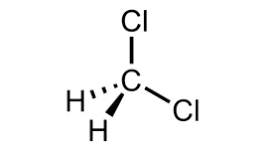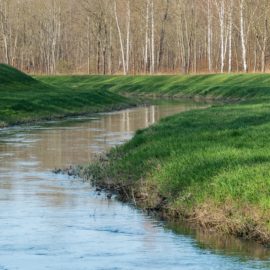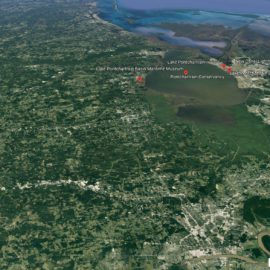
The Denka Plant puts off emissions. That has been proven. These emissions are hurting the residents living in proximity to the plant. That has and has not been proven the have not largely because of no targeted surveys. This has gone one for years. Now, the International Human Rights Commission has been approached for help.
In a request filed on Wednesday, the Concerned Citizens of St. John urged the Inter-American Commission on Human Rights to investigate cancer risks, recommend air pollution limits and join the group’s calls for the plant to be shut down. “We’ve gone from agency to agency and to all the politicians to get help,” said Robert Taylor, the Concerned Citizens’ executive director. “Everywhere the doors are slammed in our faces.” The U.S. Environmental Protection Agency in 2015 released an analysis saying the five census tracts near the plant had the nation’s highest airborne cancer risk. The plant, owned by the Tokyo-based Denka Co., is the only one in the country that emits chloroprene, the main chemical used in the manufacture of neoprene, a rubber-like material used in beer koozies, laptop sleeves and wetsuits. The EPA determined chloroprene was a likely carcinogen more than a decade ago. Early this month, Taylor’s group petitioned the EPA to take emergency measures to curb the plant’s emissions. “We’ve heard nothing back from the EPA, but of course we’re accustomed to that,” he said. “Our government has given up on us. That’s why we’re reaching out (to the commission) for help.”
nola.com
The commission is based in Washington, DC and investigates human rights in the Western Hemisphere. 11 years ago was the last time a Louisiana case was brought to the Commission when it granted a hearing to residents of Mossville, a mostly Black community west of Lake Charles. This was another emissions case and buyouts were offered to the residents through the resolution process.
The Concerned Citizens of St. John’s request was filed by the Tulane Environmental Law Clinic. Devin Lowell, a clinic lawyer, said the commission doesn’t have legal authority in the U.S. but its investigations often bring attention and action. “This petition is a way to bring focus on what the government can do and what the government is failing to do,” Lowell said. Denka spokesperson Jim Harris said the Concerned Citizens have made “extremely serious allegations that are disproven by real-world evidence.”
The company says they have reduced cancer threats by 85% as of 2019.
Denka says the EPA should reconsider its listing of chloroprene as a likely human carcinogen based on a company-sponsored study that concluded the chemical was much less cancer-causing than the EPA found. “This research shows clearly that there is no reason to suspect elevated risks of illness in the area near the facility at pre-emission reduction levels,” Harris said. The Denka plant and Reserve are in the heart of Louisiana’s industrial corridor, often called ‘Cancer Alley,’ an area that has some of the most toxic air pollution in the nation. A wave of new petrochemical plants is expected to worsen air quality in already overburdened areas, according to a 2019 analysis by ProPublica, The Times-Picayune and The Advocate.
Those effected are largely Black and low-income residents were premature incidents of cancer are common.
“We suffer and die because they decided to dump poison into our air,” Taylor said. “We live in the state’s sacrifice zone.”
The ball is not in another court and we will have to wait for their research and findings. The question is what impact will this body have on the residents effected.




Pingback:St. John the Baptist Drainage Side Effect | Just Jenna